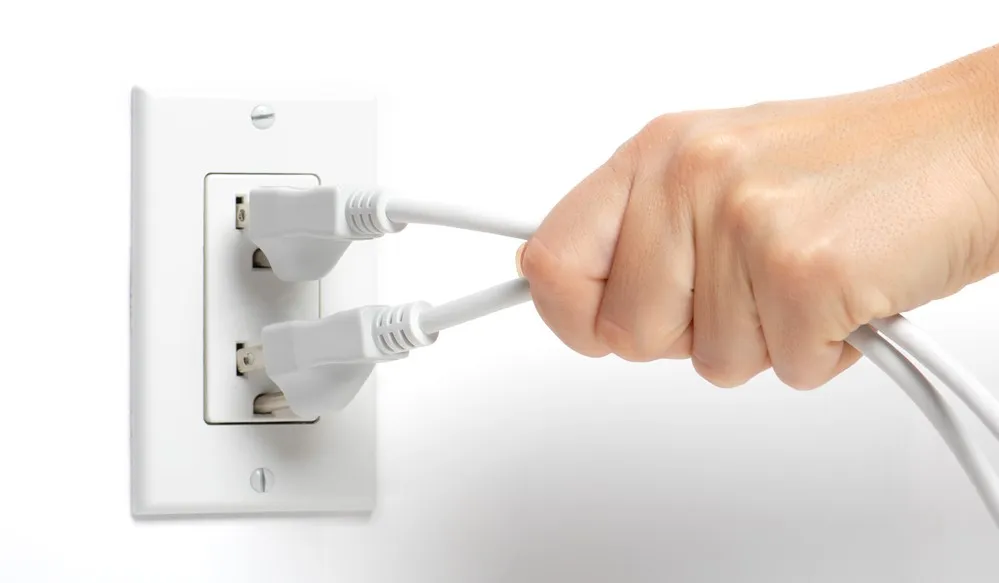
You’re the Perfect Candidate for a Digital Cleanse. Yes, You.
It’s January, and there are messages abound about taking time to reset different aspects of your life. We’d also like to suggest a digital cleanse.
We know, it sounds funny coming from us. After all, our Mods are engaging millions of users around the world across a variety of digital platforms. But think about it — we want to ensure a safe and positive online experience for everyone, even if that includes hitting the reset button now and again. One might say we’re all about moderation. If you can’t go more than a few minutes without powering on to check what’s new, you might benefit from a digital cleanse. Here are a few tips to follow:
Limit your exposure to your phone. It’s so easy to break out the mobile device when you’re stuck waiting somewhere; it’s as if we’ve forgotten how to simply “be.” Give yourself a little distance from your phone with these simple steps:
- Turn off notifications or put your phone on airplane mode
- Don’t keep your phone in the room where you sleep
- Look into apps like Checky or Moment, which will tell you how often you’ve checked your phone each day; not only will it help make you more aware of your activity but it will show your progress.
Step away from the screen. Once you’ve successfully cut back on your screen time, consider taking a complete break from any and all devices. While we may like to think we’re full of boundless energy and resources, we all need to unplug and recharge from time to time. Data shows that making time for a digital detox, during which you shut yourself off from all devices, can do wonders for your health. From corporate execs looking to reduce pressure to parents wanting their kids to experience what we call “IRL” once in a while, people are making the effort to reconnect with others and their environments. It’s a good practice that can lead to more productive habits upon your return.
Leave no trace. Be aware of what you reveal every time you fire up that browser. Trackers collect information about the sites you visit and how you access them. Apps and websites request permission to check out your address book, your location, photos, videos, even your camera and microphone. Look for browser add-ons like uBlock, Adblock Plus and Ghostery, which will reveal which sites are sending your data to third parties. Find out how much Google knows about you by accessing the My Activity tool in your Google account. Information like this can not only affect what ads you’re served (which can also be checked in Ad Settings), but what prices show up in your favorite site’s shopping cart, or even how much car insurance you’re quoted. This would be a great time to get a handle on everything you’re leaving behind whenever you go online.
Drag your passwords kicking and screaming into the 21st century. Yes, we’ll admit it. There was a time when we used “starwars” as our password. We thought we were being so clever — not only is it easy to remember, but you can type it all with your left hand. Well, it turns out we weren’t alone. The phrase made its debut on the list of the worst passwords in 2017, this year’s hot entry at number 16. It will have a tough go of unseating the reigning champ, “123456,” which has been at the top of the list since 2014. Take some time once you’re back online to update your passwords across all sites and apps. Stay away from short, obvious passwords; instead, think of a phrase that you’ll remember and use the first letter of each word. Perhaps replace a letter or two with a number of symbol: “5” or “$” for ”S,” for example. Don’t reuse passwords, and consider breaking down and finally getting that password manager once and for all.
With a bit of effort on your part, you can get your digital life back in balance. Being online and using our devices is a part of life nowadays — and we’re thankful for all of the advantages that offers. But we can all benefit from a refresh every once in a while.

